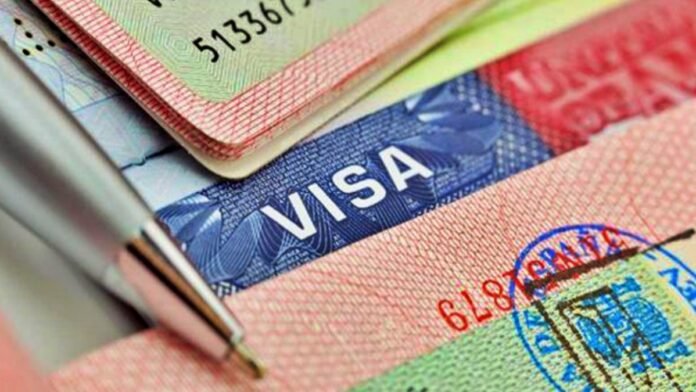
Key Points
- Visa Suspension: The United Arab Emirates has temporarily suspended issuing new tourist and work visas to citizens of nine countries, effective immediately.
- Affected Countries: The list includes Afghanistan, Bangladesh, Cameroon, Lebanon, Libya, Somalia, Sudan, Uganda, and Yemen.
- Reasoning: While there is no official statement, the move is reportedly driven by a mix of national security concerns, geopolitical tensions, public health protocols, and efforts to curb document fraud.
- Existing Visas: The policy change is a visa ban, not a travel ban. Nationals from these countries who already hold valid UAE visas are not affected and can continue to reside and work in the country.
Abu Dhabi: The United Arab Emirates has implemented an immediate and indefinite suspension on issuing new tourist and work visas for citizens of nine countries across Africa and Asia. This significant policy shift, part of the UAE’s broader “2026 visa ban” strategy, was revealed through an internal immigration circular and has not yet been officially announced by the government.
Who is Affected?
The suspension applies to new visa applications from the following nine nations :
- Afghanistan
- Bangladesh
- Cameroon
- Lebanon
- Libya
- Somalia
- Sudan
- Uganda
- Yemen
Citizens of these countries will be unable to apply for new visit visas or employment permits until further notice. The circular does not provide a timeline for when the policy will be reviewed or lifted. It is crucial to note that this is a suspension of new visa issuance, not a complete travel ban. Individuals from the listed countries who currently hold valid UAE visas can continue to enter, live, and work in the Emirates legally.
Why Has the Ban Been Imposed?
Though UAE authorities have not provided an official explanation, analysts and insider reports point to a combination of factors driving the decision :
- National Security: A primary driver is safeguarding the country from potential security threats, including terrorism, unlawful migration, and document fraud. The UAE has previously used similar measures as a preventive tool.
- Geopolitical Tensions: The visa policy may reflect complex or strained diplomatic relations between the UAE and some of the affected nations. Immigration rules are sometimes used as a tool in foreign policy.
- Public Health: Residual concerns from the COVID-19 pandemic continue to influence visa policies. The ban may be a precaution related to countries with less-equipped healthcare systems and the potential risk of new virus variants.
- Migration Management: The UAE is actively working to streamline its immigration system and combat identity theft and forged documents. Inconsistent or fraudulent paperwork from applicants has been a significant administrative challenge.
This move is expected to have far-reaching consequences, impacting expatriate communities, labor recruitment for UAE-based companies, and tourism from the affected regions.



















































